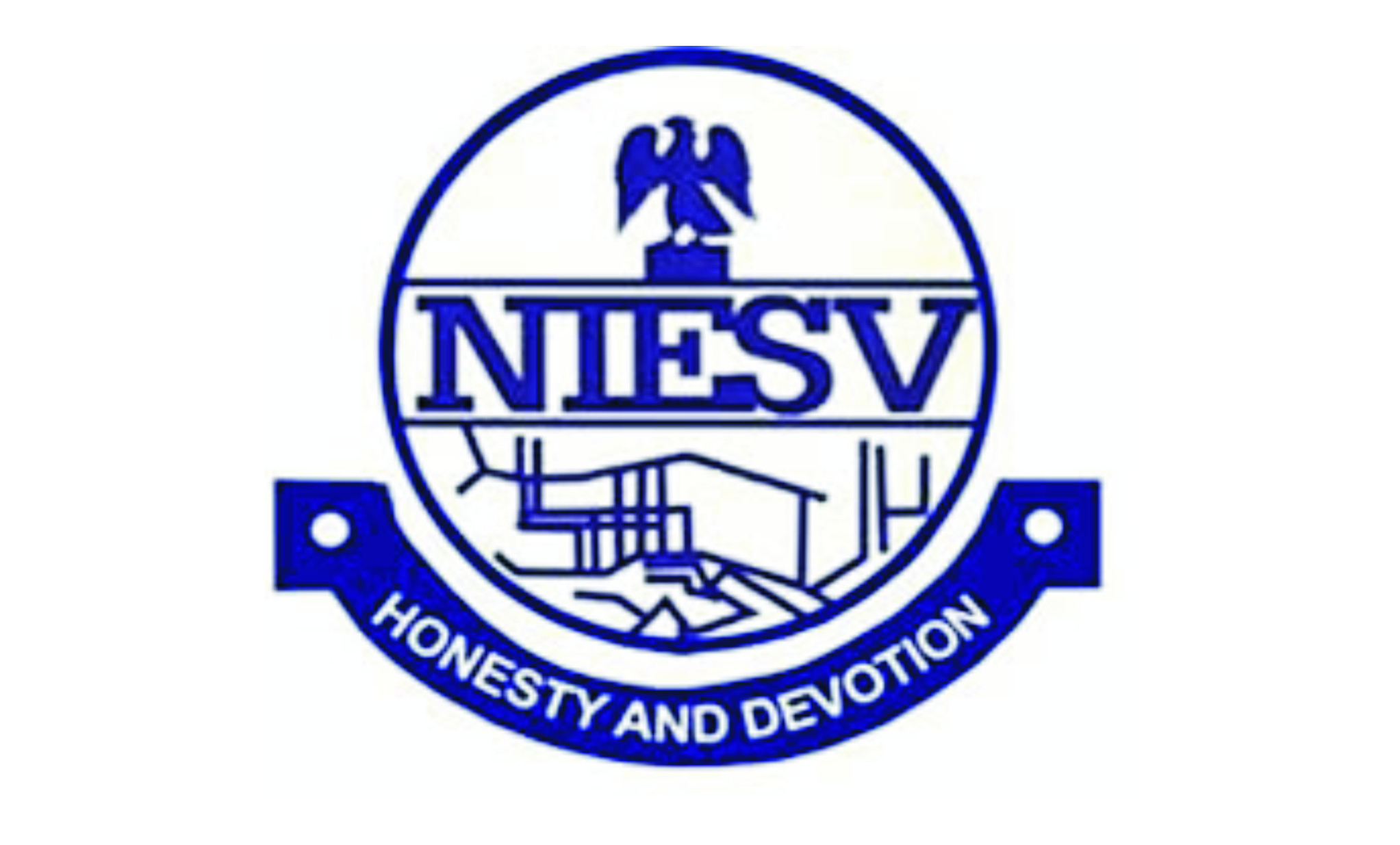Business
NIESV Laments Dilapidation Of RSHA Quarters

The Nigerian Institution for Estate Surveyors and Valuers (NIESV) has described the Rivers State House of Assembly Quarters as being in bad shape and no longer befitting as a dwelling place for the legislators.
The president of the institution, Mr. Emma Okahs-Wike lamented that the Assembly Quarters could not have dilapidated to the extent of being marked for demolition if the property was maintained.
He noted that a facility of such nature should not have been left in the hands of the occupants, adding that the Rivers State government ought to have employed facility managers to take care of the quarters, noting that facility managers be engaged when the new proposed assembly quarters are completed.
According to him, if we had professionals who are managing the place, I can tell you that it would not have dilapidated to the point we are.
“I want to advise that the Speaker or the house officers should appoint facility managers that would be able to manage those properties. Now that the government is thinking about reconstructing, they should be able to bring out professionals, seek professional advice so that at the end of the day when they finish this kind of structure it would be properly cared for,” he continued.
Okahs-Wike reasoned that professional facility managers would be able to care for and maintain the facility, “let them not just leave it in the hands of the occupants, they should be able to have one stop facility manager that would look after the environment and make sure that the property is well maintained and well structured”.
While enjoining the state government to have the project reevaluated and get the public notified on the reason for demolition and rebuilding of the assembly quarters, the NIESV’s president pointed out that it would cost more to renovate the facility.
He explained: “the buildings, some of them are dilapidated. What I will advise the government to do is to carry out feasibility and viability study of that project. The feasibility is that demolishing and reconstructing, ‘which one would be better for us?’ Then you go to viability, which one would be more costly, which one would be more beneficial to the people? If the viability study says it’s good to renovate, you renovate, if they say no, you reconstruct. Now if the government has done that and they have found out that it would be more cost effective to reconstruct, it’s a better deal… and bring in current and modern building materials”.
Tonye Nria-Dappa
Business
Fidelity Bank To Empower Women With Sustainable Entrepreneurship Skills, HAP2.0
Business
President Tinubu Approves Extension Ban On Raw Shea Nut Export
Business
Crisis Response: EU-project Delivers New Vet. Clinic To Katsina Govt.
-

 News3 days ago
News3 days agoAmend Constitution To Accommodate State Police, Tinubu Tells Senators
-

 Politics3 days ago
Politics3 days agoSenate Urges Tinubu To Sack CAC Boss
-

 News3 days ago
News3 days agoDisu Takes Over As New IGP …Declares Total War On Corruption, Impunity
-
Business3 days ago
President Tinubu Extends Raw Shea Nuts Export Ban To 2027
-
Business3 days ago
Crisis Response: EU-project Delivers New Vet. Clinic To Katsina Govt.
-
Sports3 days ago
NDG: Rivers Coach Appeal To NDDC In Talent Discovery
-
Rivers3 days ago
Etche Clan Urges Govt On Chieftaincy Recognition
-
Business3 days ago
President Tinubu Approves Extension Ban On Raw Shea Nut Export

